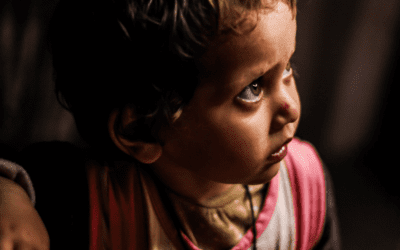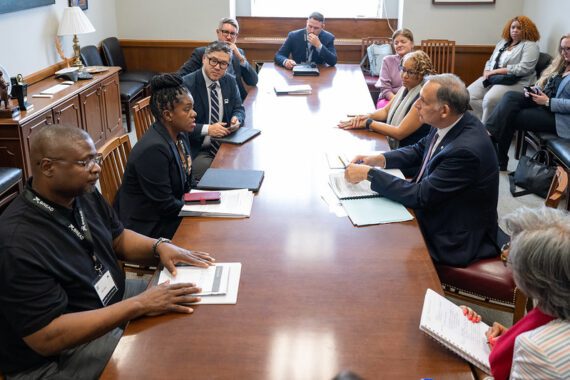Raising Our Voices
Together, our letters to fight hunger make a difference. You can act now by adding your own letter to the offering from your region or by pledging to coordinate an Offering of Letters from your church or community group.
Write
Unite with fellow letter writers to advocate to end hunger. Your individual letter, when combined with the collective strength of our community, becomes a powerful catalyst for inspiring legislative action and driving meaningful change.
Coordinate
Coordinate your church or community group to advocate for the end of hunger together. After you pledge to coordinate an Offering of Letters, we will provide you emails and resources to coach you through the process.
Downloadable Tools
List of downloadable resources for Offering of Letters.
Tools to Write Letters
Coordination Resources

One in ten people around the world go to bed hungry each night.
One in four children under five are severely malnourished. But it doesn’t have to be that way.
Every voice matters. With your help, we can reach the people with the power and resources to make hunger a problem of the past.
How to Organize an Offering of Letters
Step 1
Read and support our current legislative domestic and global priorities to ensure an end to hunger in the U.S. and around the world.
Step 2
Connect with Your Local Organizer and get support and tips on how best to select a letter topic and plan and promote your event, as well as uplift hunger issues in your state and region.
Step 3
Schedule and plan your in-person or online event. Work with your pastor, or church council to get permission and support. Promote your event through pulpit announcements, short videos, newsletters, church website, weekly bulletins, and social media.
Step 4
For an in-person event, collect the letters for each member of Congress and mail them to your district office or Capitol Hill. You can also hand-deliver letters to the office of your respective member of Congress.
Step 5
For an online event, write your letters at home and then mail them directly to your members of Congress. Or email and send your letters online to your representative and both senators with a single form. Keep track of how many emails are sent by asking participants to let you know once they have done so.
Step 6
Report your results. After the completion of your Offering of Letters event, tell us about your event and report your results using this short online form.

3 Reasons Your Church Should Organize an Offering of Letters
- We believe that advocacy is part of our Christian witness and discipleship.
- With your support, Bread for the World is committed to speaking truth to power. we have to be both pastoral and prophetic to end hunger.
- Bread for the World is practical and effective. Years of persistent advocacy and voice has helped triple poverty focused development assistance to education, training, and sustainability measures that end hunger.
You write, Congress listens
Advocacy works. In these videos, members of Congress share their commitment to reading and considering letters from Bread for the World members who advocate for the end of hunger.
God calls us to advocate for an end to hunger and poverty.
As Christians, we are called to seek justice, care for those experiencing hunger and poverty, and embrace our Creator’s vision of hope, love, and peace. We are called to embody it in public as we commit to live in solidarity with those who are made vulnerable by the inequities that drive hunger and poverty in the United States and around the world.
“Speak out for the rights of all who are destitute. Defend the rights of the poor and needy.” (Proverbs 31:8-9)

Share Impact Stories
Share our stories, news and facts by tagging your Senator or Congressperson to let them know the Issues you care about. Social media use by lawmakers is at an all-time high, and your engagement matters!
Hunger Among the Wheat Fields: Patricia’s Story
When Patricia retired, she felt called to become involved with Bread for the World through her...
Regional Organizers
Bread for the World has a team of organizers ready to help you with an Offering of Letters event. Click on the regional organizers below to find out which one is assigned to your state and then connect with them directly.
Cheri Andes
Deputy Director of State Organizing and Faith Engagement
Jason Blanton
State Organizer for North Carolina
Andrea Faiano
State Organizer for Pennsylvania
Omaboyowa Roberts
Progress Team Lead for State Organizing
Rev. Dr. Angelique Walker-Smith
Strategist For Pan African And Orthodox Faith Communities
Learn MoreVideos

An Invitation to Participate in the Offering of Letters
A Call to Advocate
Thank You from Rev. Eugene Cho
All videos in this playlist...

















